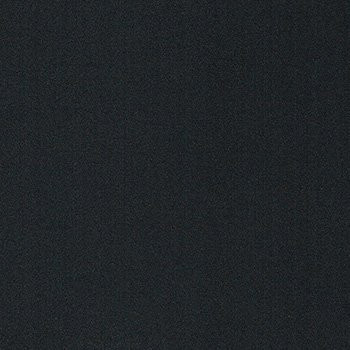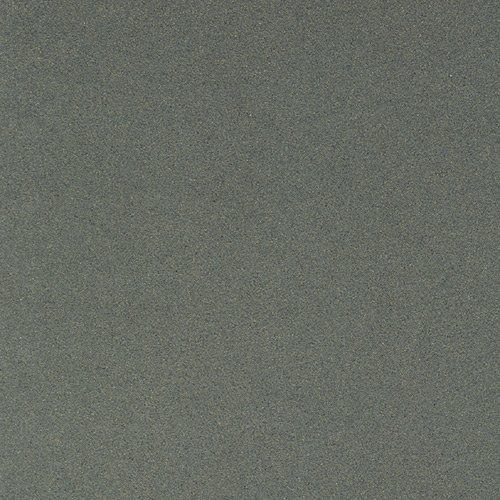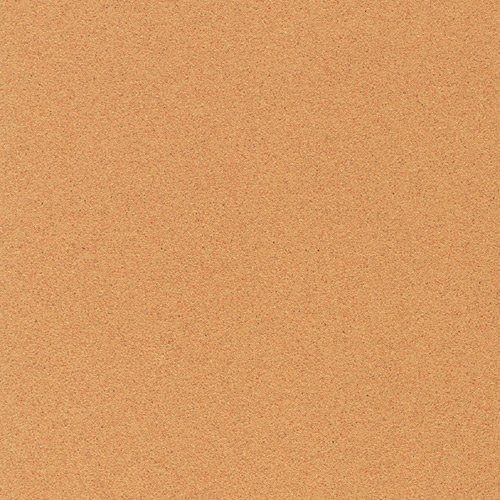Sketch Books-Paper & Card
Choosing the right paper grounds for your creation is essential, and depending on what you are trying to achieve, will depend on the amount of thought and consideration you need to give. We stock a brilliant range of paper, both loose and in sketchbooks, mainly sourced from the UK and Europe.
What makes our selection special?
For watercolour artists specifically, you can choose from several well know papers. Made at St.Cutherberts Mill, the Saunders Bockingford ranges are undoubtedly the most well known. Rembrandt, Van Gogh and Hahnemühle paper pads likewise really are invaluable. Hahnemüle and Rembrandt paper pads are lightly glued around all edges, meaning that each piece of paper is pre-stretched, making watercolour work, or any work on paper involving paint, a breeze by comparison to the time involved in stretching paper yourself. The Van Gogh pads are glued on one side for a quicker, flipbook like access. Spending time stretching your paper inbetween paintings is time better spent painting.
Fat Pads are very popular ring bound pads, mostly for their fantastically thick, crisp paper available in Saunders, Bockingford, Fabriano 5, and Snowdon papers. The Saunders and Bockingford papers are fantastically absorbent and strong at resisting warping, it's easy to see why we sell so many.
What kind of paper do I need?
Paper is measured by weight in gsm (grams per square inch), and has different levels of bite (how rough or smooth the paper is) and absorbency. Heavy paper is great for drawing with a heavy B pencil or charcoal, as it provides a thick surface which holds under the pressure of rapid movement.
Bite is more difficult to measure and is usually found by rubbing a sheet between your fingers. The rougher the paper, the more of the medium is taken by the paper with each stroke. Thus, a paper with a lot of bite will pull more graphite onto and into the paper than one with a smooth surface.
Absorbency is important in painting and wet arts on paper. Watercolour painting is almost exclusively on paper, and specially absorbent paper is required for the quintessential watercolour effect.
















